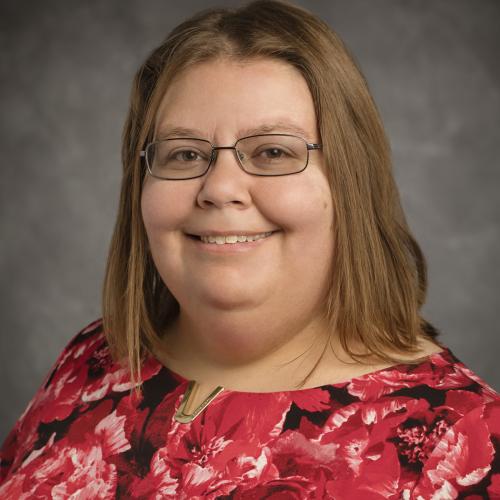Assistant Professor Jodi Schneider has received a National Science Foundation (NSF) CAREER award to assess how to identify potential sources of bias in research and how confident we can be in the conclusions drawn from a particular body of evidence. This prestigious award is given in support of early-career faculty who have the potential to serve as academic role models in research and education and to lead advances in the mission of their department or organization. Schneider's project, "Using Network Analysis to Assess Confidence in Research Synthesis," will be supported by a five-year, $599,963 grant from the NSF.
According to Schneider, although policy makers use the best available science in informing their decision making, experts can come to different conclusions in synthesizing this knowledge. For her new project, she will use network analysis and text mining to develop a novel framework of tools and workflows that will reveal potential sources of bias in expert literature.
"This research could facilitate data-driven decision-making in a broad range of areas," she said. "We'll focus on four areas: conservation, energy policy, healthcare, and sustainable development. For example, in energy, our research could help in determining the carbon footprint of various forms of food production."
For the educational component of her NSF CAREER award, Schneider will develop two iSchool courses—Bibliometrics and Research Assessment, with PhD student Tzu-Kun (Esther) Hsiao, and Systematic Reviewing and Evidence Synthesis with Caitlin Clarke, teaching assistant professor in Kinesiology and Community Health and an iSchool affiliate. In addition, she will work with middle school students on a video to attract underrepresented students to STEM careers.
"My team will run an after-school club to co-develop a video highlighting science policy-related careers, including those that do not require a PhD. Middle schoolers will decide who to interview—perhaps a science journalist, policy analyst, regulatory scientist, and city planner," said Schneider. "We will also test my CAREER project's framework and tools in middle school classes, using energy policy as an example."
Schneider studies the science of science through the lens of arguments, evidence, and persuasion. The goal of her research is to advance our understanding of scientific communication in order to better support tools and strategies managing information overload in science. Prior to joining the iSchool, Schneider served as a postdoctoral scholar at the National Library of Medicine, University of Pittsburgh, and INRIA, the national French Computer Science Research Institute.
